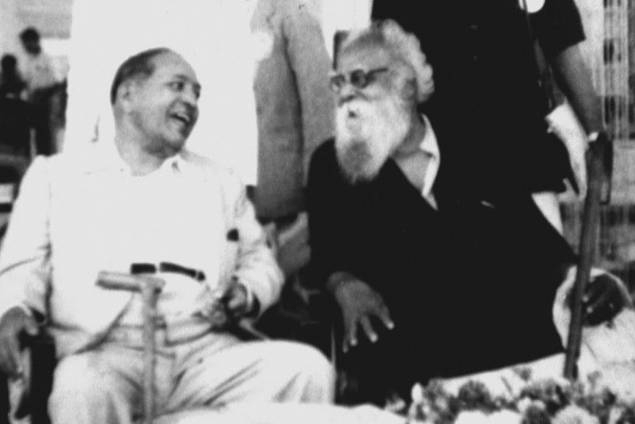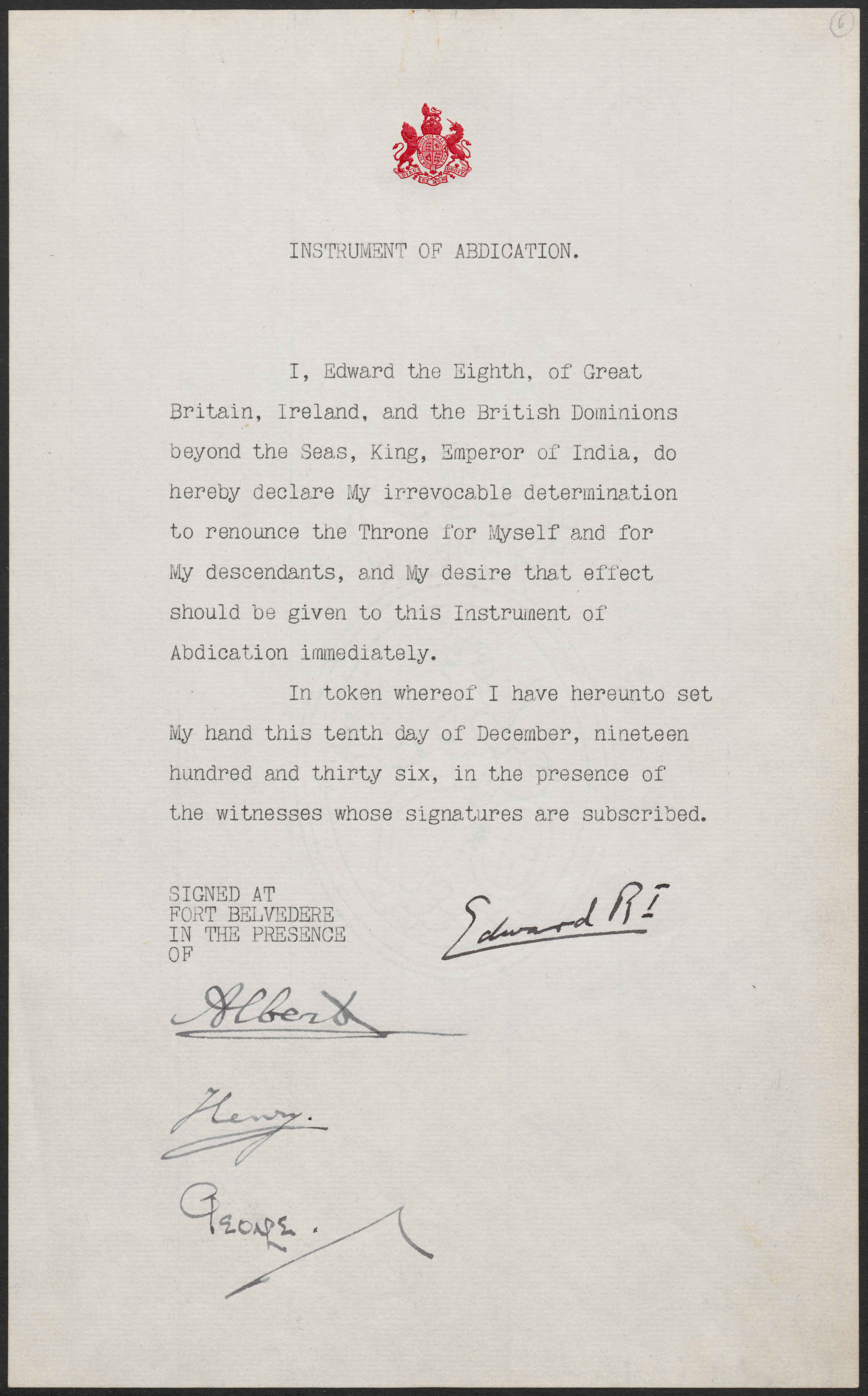|
Self-Respect Movement
The Self-Respect Movement is a popular human rights movement originating in South India aimed at achieving social equality for those oppressed by the Indian caste system, advocating for lower castes to develop self-respect. It was founded in 1925 by S. Ramanathan, who invited E. V. Ramasamy (also known as Periyar) to head the India against Brahminism movement in Tamil Nadu. The movement was extremely influential not only in Tamil Nadu, but also overseas in countries with large Tamil populations, such as Sri Lanka, Burma, and Singapore. Among Singapore Indians, groups like the Tamil Reform Association, and leaders such as Thamizhavel G. Sarangapani were prominent in promoting the principles of the Self-Respect Movement among the local Tamil population through schools and publications. A number of political parties in Tamil Nadu, such as Dravida Munnetra Kazhagam (DMK) and All India Anna Dravida Munnetra Kazhagam (AIADMK) owe their origins to the Self-Respect Movement; the ... [...More Info...] [...Related Items...] OR: [Wikipedia] [Google] [Baidu] |
Periyar During Self Respect Movement
Erode Venkatappa Ramasamy (17 September 187924 December 1973), commonly known as Periyar, was an Indian social activist and politician. He was the organizer of the Self-Respect Movement and Dravidar Kazhagam and is considered the architect of Dravidian politics. Periyar joined the Indian National Congress in 1919 and participated in the Vaikom Satyagraha, during which he was imprisoned twice. He resigned from the Congress in 1925, believing that they only served the interests of Brahmins. From 1929 to 1932, he toured British Malaya, Europe and the Soviet Union which later influenced his Self-Respect Movement in favor of caste equality. In 1939, he became the head of the Justice Party (India), Justice Party, which he transformed into a social organisation named ''Dravidar Kazhagam'' in 1944. The party later split with one group led by C. N. Annadurai forming the Dravida Munnetra Kazhagam (DMK) in 1949. While continuing the Self-Respect Movement, he advocated for an independe ... [...More Info...] [...Related Items...] OR: [Wikipedia] [Google] [Baidu] |
Social Democratic
Social democracy is a Social philosophy, social, Economic ideology, economic, and political philosophy within socialism that supports Democracy, political and economic democracy and a gradualist, reformist, and democratic approach toward achieving social equality. In modern practice, social democracy has taken the form of predominantly capitalist economies, a robust welfare state, policies promoting social justice, market regulation, and a more Redistribution of income and wealth, equitable distribution of income. Social democracy maintains a commitment to Representative democracy, representative and participatory democracy. Common aims include curbing Social inequality, inequality, eliminating the oppression of Social privilege, underprivileged groups, eradicating poverty, and upholding universally accessible public services such as child care, Universal education, education, elderly care, Universal health care, health care, and workers' compensation. Economically, it support ... [...More Info...] [...Related Items...] OR: [Wikipedia] [Google] [Baidu] |
Varna (Hinduism)
Varna (, ), in the context of Hinduism, refers to a social class within a hierarchical traditional Hindu society. The ideology of varna is epitomized in texts like '' Manusmriti'', which describes and ranks four varnas, and prescribes their occupations, requirements and duties, or '' Dharma''. *Brahmins: Vedic scholars, priests or teachers. * Kshatriyas: Rulers, administrators or warriors. * Vaishyas: Agriculturalists, farmers or merchants. * Shudras: Artisans, labourers or servants. This quadruple division is a form of social stratification, quite different from the more nuanced system of '' Jātis'', which correspond to the term "caste". The varna system is discussed in Hindu texts, and understood as idealised human callings. The concept is generally traced back to the '' Purusha Sukta'' verse of the Rigveda. In the post- Vedic period, the varna division is described in the '' Mahabharata,'' ''Puranas'' and in the '' Dharmashastra literatures''. The commentary on the Varna ... [...More Info...] [...Related Items...] OR: [Wikipedia] [Google] [Baidu] |
Tamil Literature
Tamil literature includes a collection of literary works that have come from a tradition spanning more than two thousand years. The oldest extant works show signs of maturity indicating an even longer period of evolution. Contributors to the Tamil literature are mainly from Tamil people from south India, including the land now comprising Tamil Nadu, Kerala, Sri Lankan Tamil people, Eelam Tamils from Sri Lanka, as well as the Tamil diaspora. The history of Tamil literature follows the history of Tamil Nadu, closely following the social, economical, political and cultural trends of various periods. The early Sangam literature, dated before 300 BCE, contain anthologies of various poets dealing with many aspects of life, including love, war, social values and religion.Akananuru (1, 15, 31, 55, 61, 65, 91, 97, 101, 115, 127, 187, 197, 201, 211, 233, 251, 265, 281, 311, 325, 331, 347, 349, 359, 393, 281, 295), Kurunthogai (11), and Natrinai (14, 75) are dated before 300 BCE. This was ... [...More Info...] [...Related Items...] OR: [Wikipedia] [Google] [Baidu] |
Edward VIII Abdication Crisis
In early December 1936, a constitutional crisis in the British Empire arose when King Edward VIII proposed to marry Wallis Simpson, an American socialite who was divorced from her first husband and was in the process of divorcing her second. The marriage was opposed by the governments of the United Kingdom and the Dominions of the British Commonwealth. Religious, legal, political, and moral objections were raised. As the British monarch, Edward was the nominal head of the Church of England, which at this time did not allow divorced people to remarry in church if their ex-spouses were still alive. For this reason, it was widely believed that Edward could not marry Simpson and remain on the throne. As a double-divorcée, Simpson was perceived to be politically, morally and socially unsuitable as a prospective queen consort. It was widely assumed by the Establishment that she was driven by love of money or position rather than love for the King. Despite the opposition, Edwar ... [...More Info...] [...Related Items...] OR: [Wikipedia] [Google] [Baidu] |
Sovereignty
Sovereignty can generally be defined as supreme authority. Sovereignty entails hierarchy within a state as well as external autonomy for states. In any state, sovereignty is assigned to the person, body or institution that has the ultimate authority over other people and to change existing laws. In political theory, sovereignty is a substantive term designating supreme legitimate authority over some polity. In international law, sovereignty is the exercise of power by a state. ''De jure'' sovereignty refers to the legal right to do so; '' de facto'' sovereignty refers to the factual ability to do so. This can become an issue of special concern upon the failure of the usual expectation that ''de jure'' and ''de facto'' sovereignty exist at the place and time of concern, and reside within the same organization. Etymology The term arises from the unattested Vulgar Latin *''superanus'' (itself a derived form of Latin ''super'' – "over") meaning "chief", "ruler". Its spellin ... [...More Info...] [...Related Items...] OR: [Wikipedia] [Google] [Baidu] |
British Monarch
The monarchy of the United Kingdom, commonly referred to as the British monarchy, is the form of government used by the United Kingdom by which a hereditary monarch reigns as the head of state, with their powers regulated by the British constitution. The term may also refer to the role of the royal family within the UK's broader political structure. The monarch since 8 September 2022 is King Charles III, who ascended the throne on the death of Queen Elizabeth II, his mother. The monarch and their immediate family undertake various official, ceremonial, diplomatic and representational duties. Although formally the monarch has authority over the governmentwhich is known as " His/Her Majesty's Government"this power may only be used according to laws enacted in Parliament and within constraints of convention and precedent. In practice the monarch's role, including that of Head of the Armed Forces, is limited to functions such as bestowing honours and appointing the prime m ... [...More Info...] [...Related Items...] OR: [Wikipedia] [Google] [Baidu] |
Political Freedom
Political freedom (also known as political autonomy or political agency) is a central concept in history and political thought and one of the most important features of democratic societies.Hannah Arendt, "What is Freedom?", ''Between Past and Future: Eight Exercises in Political Thought'', (New York: Penguin, 1993). Political freedom has been described as freedom from oppression or coercion, the absence of disabling conditions for an individual and the fulfillment of enabling conditions, or the absence of life conditions of compulsion in society, such as economic compulsion. Although political freedom is often interpreted negatively as the freedom from unreasonable external constraints on action, it can also refer to the positive exercise of rights, capacities and possibilities for action and the exercise of social or group rights. The concept can also include freedom from internal constraints on political action or speech such as social conformity, consistency, or inauthen ... [...More Info...] [...Related Items...] OR: [Wikipedia] [Google] [Baidu] |
British India
The provinces of India, earlier presidencies of British India and still earlier, presidency towns, were the administrative divisions of British governance in South Asia. Collectively, they have been called British India. In one form or another, they existed between 1612 and 1947, conventionally divided into three historical periods: *Between 1612 and 1757, the East India Company set up "factories" (trading posts) in several locations, mostly in coastal India, with the consent of the Mughal emperors, Maratha Empire or local rulers. Its rivals were the merchant trading companies of Portugal, Denmark, the Netherlands, and France. By the mid-18th century three ''Presidency towns'': Madras, Bombay and Calcutta, had grown in size. *During the period of Company rule in India, 1757–1858, the Company gradually acquired sovereignty over large parts of India, now called "Presidencies". However, it also increasingly came under British government oversight, in effect sharing sovereig ... [...More Info...] [...Related Items...] OR: [Wikipedia] [Google] [Baidu] |
Liberty
Liberty is the state of being free within society from oppressive restrictions imposed by authority on one's way of life, behavior, or political views. The concept of liberty can vary depending on perspective and context. In the Constitutional law of the United States, ordered liberty means creating a balanced society where individuals have the freedom to act without unnecessary interference ( negative liberty) and access to opportunities and resources to pursue their goals ( positive liberty), all within a fair legal system. Sometimes liberty is differentiated from freedom by using the word "freedom" primarily, if not exclusively, to mean the ability to do as one wills and what one has the power to do; and using the word "liberty" to mean the absence of arbitrary restraints, taking into account the rights of all involved. In this sense, the exercise of liberty is subject to capability and limited by the rights of others. Thus liberty entails the responsible use of freedom und ... [...More Info...] [...Related Items...] OR: [Wikipedia] [Google] [Baidu] |
Hindu Religion
Hinduism () is an umbrella term for a range of Indian religious and spiritual traditions ( ''sampradaya''s) that are unified by adherence to the concept of ''dharma'', a cosmic order maintained by its followers through rituals and righteous living, as expounded in the Vedas. The word ''Hindu'' is an exonym, and while Hinduism has been called the oldest religion in the world, it has also been described by the modern term '' Sanātana Dharma'' () emphasizing its eternal nature. ''Vaidika Dharma'' () and '' Arya dharma'' are historical endonyms for Hinduism. Hinduism entails diverse systems of thought, marked by a range of shared concepts that discuss theology, mythology, among other topics in textual sources. Hindu texts have been classified into Śruti () and Smṛti (). The major Hindu scriptures are the Vedas, the Upanishads, the Puranas, the ''Mahabharata'' (including the ''Bhagavad Gita''), the ''Ramayana'', and the Agamas. Prominent themes in Hindu beliefs include t ... [...More Info...] [...Related Items...] OR: [Wikipedia] [Google] [Baidu] |







